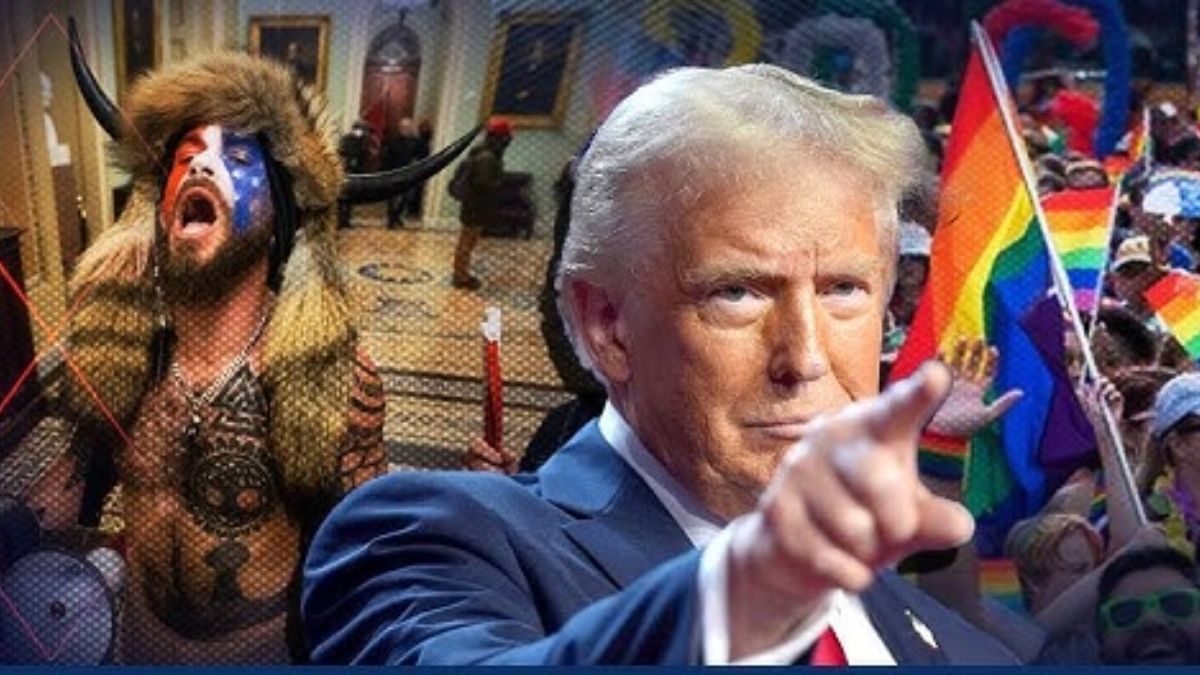In a major blow to workplace equity efforts, former President Donald Trump has signed an executive order dismantling key federal diversity, equity, and inclusion (DEI) initiatives. The move, seen as part of a broader effort to reshape civil rights policies in the early days of his second term, has sparked concern across corporate America — but has not swayed investors or boards from defending DEI principles.
The White House has argued that DEI programmes promote “ideological conformity” and lead to discrimination based on race and gender. Yet, while the administration’s order has rolled back DEI mandates for federal agencies and contractors, private-sector resistance to the Maga-led anti-DEI campaign remains firm.
At shareholder meetings this year, proposals aimed at scrapping DEI programmes at major US corporations were overwhelmingly defeated with rejection rates as high as 98% to 99%, according to company disclosures and proxy data. Even firms that have come under political and legal scrutiny over race- and gender-based initiatives have largely retained their DEI frameworks with investor backing.
Polling also reflects this divide. A February 2025 Gallup survey found that over 60% of Americans support companies actively promoting a diverse workforce, while nearly 70% of institutional investors say such initiatives reduce business risk and strengthen long-term performance.
Despite increasing pressure from Washington, many companies are adapting rather than abandoning inclusion policies. Some have rebranded diversity initiatives under broader umbrellas like “workplace well-being” or “mental health support.” Others are shifting focus toward gender-neutral upskilling programmes and community engagement to continue promoting inclusion while avoiding political flashpoints.
Legal experts suggest that while Trump’s order curbs DEI in federal spheres, it has limited reach in the private sector where corporate governance and shareholder will often outweigh government ideology. “What we’re witnessing is a clear divergence,” said one diversity consultant. “Even as federal policy moves backwards, the private sector, guided by market forces is moving forward.”
Impact Shorts
More ShortsCritics argue that ending government DEI frameworks could have chilling effects on underrepresented communities and reverse years of progress. But corporate America appears poised to stay the course, recalibrating its language and tactics while maintaining its commitment to inclusive practices.
For now, the DEI battle has moved from the federal register to the boardroom, where shareholders are making their stance clear: inclusion is not just a policy, it’s a business imperative.
)